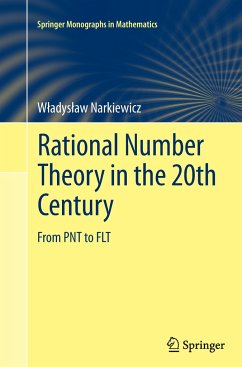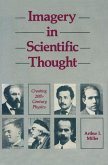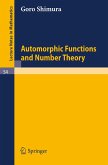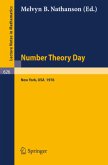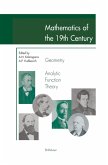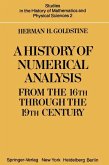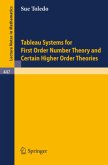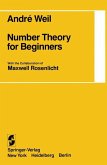The last one hundred years have seen many important achievements in the classical part of number theory. After the proof of the Prime Number Theorem in 1896, a quick development of analytical tools led to the invention of various new methods, like Brun's sieve method and the circle method of Hardy, Littlewood and Ramanujan; developments in topics such as prime and additive number theory, and the solution of Fermat's problem. Rational Number Theory in the 20th Century: From PNT to FLT offers a short survey of 20th century developments in classical number theory, documenting between the proof of the Prime Number Theorem and the proof of Fermat's Last Theorem. The focus lays upon the part of number theory that deals with properties of integers and rational numbers. Chapters are divided into five time periods, which are then further divided into subject areas. With the introduction of each new topic, developments are followed through to the present day. This book will appeal to graduate researchers and student in number theory, however the presentation of main results without technicalities will make this accessible to anyone with an interest in the area.
"This impressive book gives a comprehensive account of the developments of large parts of number theory in the twentieth century. ... The result of the author's endeavours is a magnificent work of reference which contains 6849 references on 235 pages and informs its reader on all important developments within the book's scope. For anyone who is serious about number theory it will be indispensable for many years to come." (Ch. Baxa, Monatshefte für Mathematik, Vol. 178 (1), 2015)
"This is an impressive effort to provide an annotated history of a large chunk of number-theoretic research during the 20th century. This volume can serve as a useful resource to current researchers in rational number theory and as an inspiration to future generations of mathematicians. As such, it would be a worthwhile investment for any self-respecting researchmathematics library." (Angel V. Kumchev, Mathematical Reviews, May, 2014)
"The book is an outstanding piece of work; it contains 6849 references, as well as an author index and a subject index, and it will be an invaluable source both for mathematicians working in number theory as well as for those interested in the history of mathematics of the 20th century." (Franz Lemmermeyer, Zentralblatt MATH, Vol. 1230, 2012)
"This is an impressive effort to provide an annotated history of a large chunk of number-theoretic research during the 20th century. This volume can serve as a useful resource to current researchers in rational number theory and as an inspiration to future generations of mathematicians. As such, it would be a worthwhile investment for any self-respecting researchmathematics library." (Angel V. Kumchev, Mathematical Reviews, May, 2014)
"The book is an outstanding piece of work; it contains 6849 references, as well as an author index and a subject index, and it will be an invaluable source both for mathematicians working in number theory as well as for those interested in the history of mathematics of the 20th century." (Franz Lemmermeyer, Zentralblatt MATH, Vol. 1230, 2012)
From the reviews: "The book is an outstanding piece of work; it contains 6849 references, as well as an author index and a subject index, and it will be an invaluable source both for mathematicians working in number theory as well as for those interested in the history of mathematics of the 20th century." (Franz Lemmermeyer, Zentralblatt MATH, Vol. 1230, 2012)

